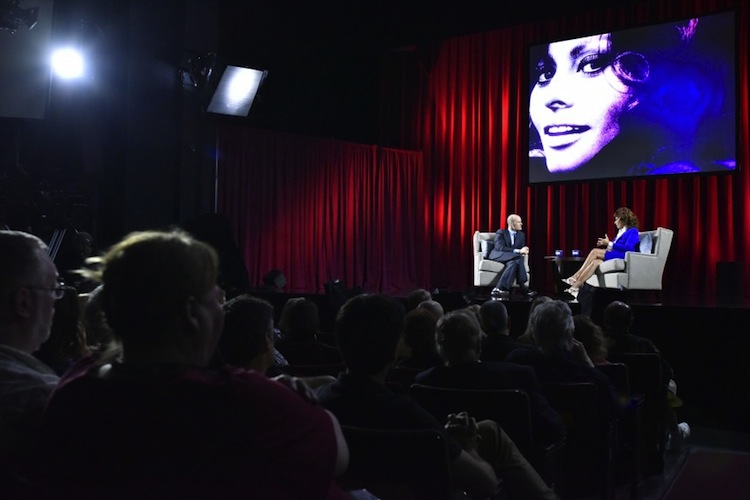[The post below was featured today at The Huffington Post.]
By Govindini Murty. Each spring, the TCM Classic Film Festival arrives in Hollywood, sparking pleasant reflections on what it is for a film to be considered “a classic.” This year’s TCM Classic Film Festival, running from April 28th to May 1, 2016, promises to be as memorable as the last six. The festival will feature appearances by Italian cinema legend Gina Lollobrigida, French New Wave icon Anna Karina, classic Hollywood star Eva Marie Saint, the premiere of the restoration of Charlie Chaplin’s The Kid, a special live musical event of Carl Theodore Dreyer’s The Passion of Joan of Arc, and an opening night gala presentation of All the President’s Men.
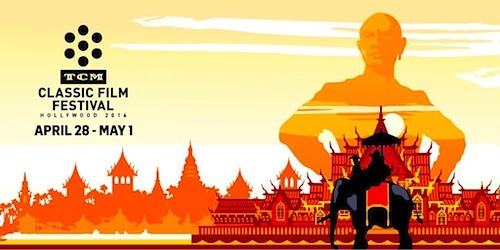
And this brings me to why it’s important to celebrate and remember the classics.
Whether it’s a classic play by Shakespeare, a classic epic by Lady Murasaki, a classic painting by Titian, or a classic piece of music by Tchaikovsky, we appreciate classic works because they are the foundation of what it is to be civilized.
This is no less true of classic films, whether they be Metropolis, Cleopatra, Mildred Pierce, Ninotchka, All About Eve, Lawrence of Arabia, The Searchers, 2001, The Seven Samurai, or Pather Panchali. All these works are the expressions of talented human beings and their personal experiences – and when such works reach an apex of artistry, they transcend time – they become “classic.” A classic work is not old – it is timeless.
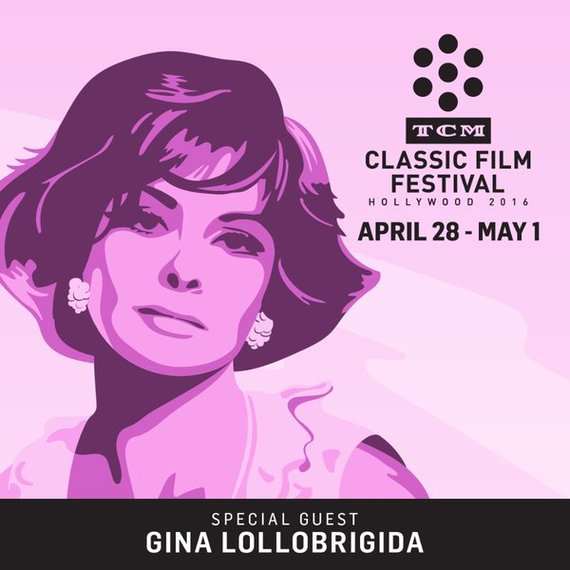
It’s odd that the more we store things in the expanded memory banks of our digital era – the more we forget. Vast quantities of data – including the digitized forms of countless classic movies, TV shows, radio dramas, musical works, paintings, photographs, works of literature, history, and science – are saved in the world’s online archives and are available to the public – and yet somehow, people are more ill-educated than ever. This is an interesting dichotomy. Why is this the case?
In some ways it recalls the transition from the oral age of Homer and the ancient bards to the literary age, when the invention of writing allowed stories to be written down for the first time. As soon as writing was invented, people’s memories of these old oral traditions were no longer needed – and they were rapidly forgotten. (Though, there are still tribal societies that preserve such oral traditions today).
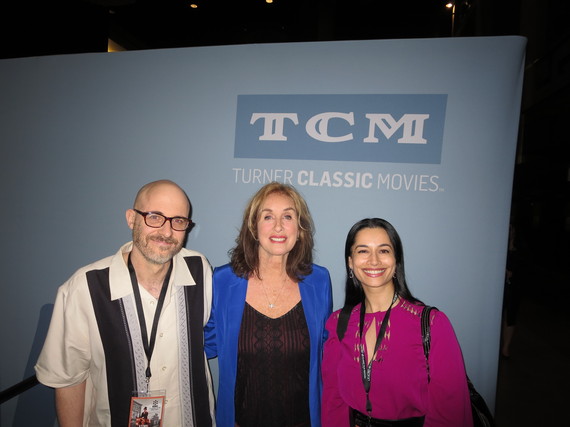
The transition from an oral to a written culture signaled the beginning of human history, because it was the beginning of human record keeping. It also began the long march toward democratic rights and freedoms. When laws were codified and written down for the first time (rather than being subject to the arbitrary whim of a ruler), it meant that the average person could know what legal precedent was and demand equal treatment. It also meant that knowledge could be handed down to anyone who could learn to read and write. History, literature, philosophical works, and scientific treatises were no longer restricted to a few priests or bards who had the time to memorize vast quantities of knowledge. They were available to all.
I sometimes worry though that we are now moving backward with the transition to digital memory, because people don’t take the time to learn about things for themselves. The more that is available online, the less interested people seem, perhaps because the digital age has so shortened the public’s attention span. So people turn to online aggregators, or summaries on anonymous, crowd-sourced wiki pages, rather than reading and understanding classic works for themselves.
As computers remember more for us – the more we forget. And yet it’s essential that we read, watch, appreciate, and remember for ourselves, because that’s where our discernment – our autonomy as free-thinking, independent individuals – comes from.
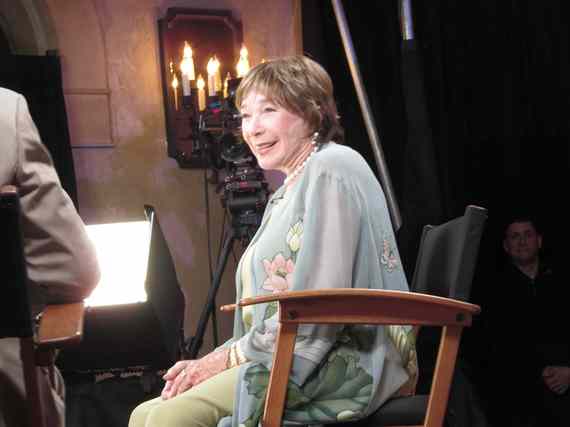
You remember things better when you directly experience them for yourself. This is why you should go and see classic films for yourself, the way they were meant to be scene: in a movie theater, with an audience. The American Cinematheque at The Egyptian Theatre, the Aero Theater, the Alex Theater in Glendale, the Silent Movie Theater, and other theaters in the Los Angeles area routinely show classic movies (and classic movie theaters can be found in most major cities) – but the greatest celebration of classic film each year in the US is without doubt the TCM Classic Film Festival.
The TCM Classic Film Festival is replete with unforgettable experiences. For example, it was a real delight at last year’s festival to see Shirley MacLaine, Ann-Margret, and George Lazenby interviewed in person, to meet on the red carpet classic stars like the vivacious Diane Baker and the dapper and charming Norman Lloyd, and to see an insightful presentation by Ben Burtt and Craig Barron on the special effects and sound of Gunga Din. It was even exciting to see Julie Andrews and Christopher Plummer rush by on their way to the 50th anniversary screening of The Sound of Music.
I’ll always remember how Norman Lloyd very graciously stopped and chatted with my husband Jason and me on the red carpet. Norman Lloyd, at over 100 years old, is a walking repository of cinema history – possibly the closest thing we have to the Homeric bards of old. Lloyd is a real favorite at the festival – a talented actor, director, and producer who worked with Orson Welles, Charlie Chaplin, and Alfred Hitchcock and who is always willing to share his stories.
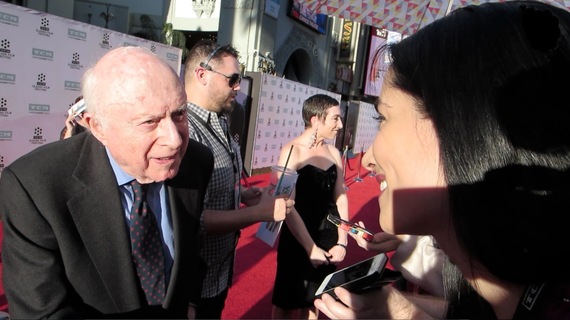
It was also touching to hear from the children of famous Hollywood stars – like Rory Flynn, the daughter of Errol Flynn, who shared poignant memories about growing up with her famous father. We chatted with Rory briefly, and we also met her son Sean Flynn, who is an actor like his grandfather. Jason and I found Rory Flynn’s presentation one of the best we’ve ever seen at the festival, and we hope they bring her back.
Another highlight of the festival was seeing Italian cinema goddess Sophia Loren interviewed by her son Edoardo Ponti on-stage at the Montalban Theatre. Their fascinating, in-depth interview, which will be aired as a TV special on TCM this spring, showed how personal the festival’s exploration of cinematic memory can be. Under the patient and thoughtful questions of her son, Loren opened up and recalled things about her past and her artistic experiences that perhaps wouldn’t have been expressed to any other interviewer.
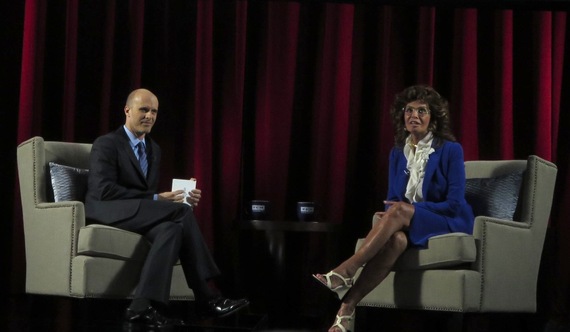
Another fascinating example of how memory can shape history is in the classic film Patton, starring George C. Scott. Patton screened in a rare 70mm film print at last year’s festival. I will never forget seeing on the big screen the indelible moment in which General Patton, in preparation for his upcoming battle with Rommel in North Africa, walks through an ancient Carthaginian battlefield. To the haunting strains of Jerry Goldsmith’s music, Patton, who believes in reincarnation, reflects on his ancient memories of being a soldier in the Punic battle that took place there thousands of years before between the Romans and the Carthaginians. The scene is a fascinating commentary on the cyclical nature of war and history – and on the blurring between past and present that occurs in human memory and art.
So take the time to enjoy a classic movie. If you can’t make it to the TCM Classic Film Festival in LA, then you can always watch classic movies on TCM, 24 hours a day. Whichever way you enjoy these classic works, when you watch them for yourself, you’ll be communing with some of the greatest artists of cinema’s Golden Age, and you’ll be creating your own classic memories.
(Govindini Murty’s current film project is the WWII sci-fi short film UFO Diary, available now on Vimeo.). Visit UFO Diary on Facebook and join the film’s almost 10,000 fans.)
Posted on March 16th, 2016 at 1:00pm.
